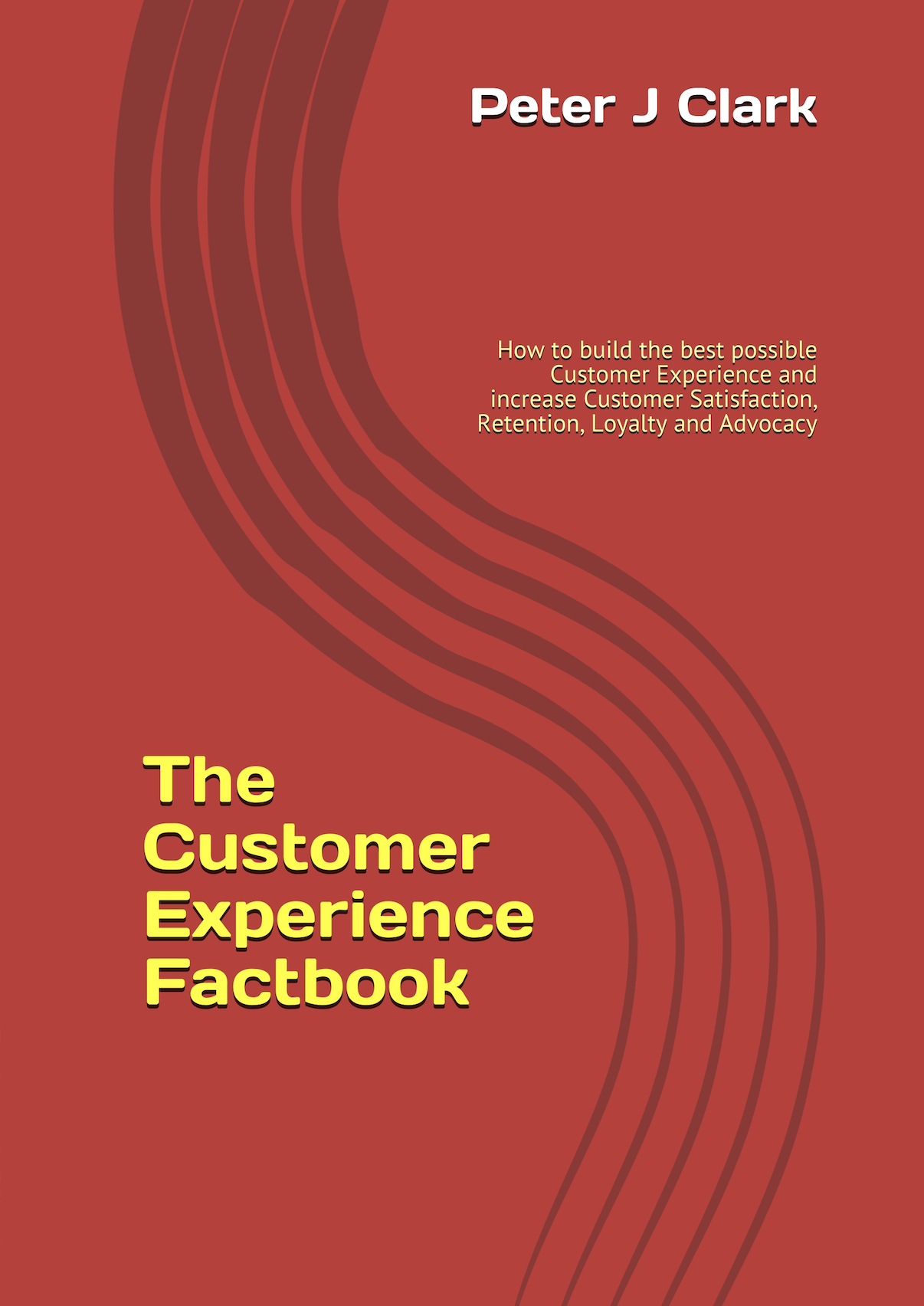Loyalty in the air: Beyond the standard FFP
Airline loyalty programmes could go far beyond the typical points-for-rewards stereotype that consumers so often perceive, according to Bram Hechtkopf, vice president of marketing for Kobie Marketing, who here explores how airlines can create more value for customers using the right technologies and tools, and how operating across multiple channels seamlessly in real-time can deliver the next generation of passenger travel experiences.
Airlines are increasingly facing criticism for being loyal to only one thing: the airline, and not the customer. Just recently, Christopher Elliot (author of the book 'Scammed: How to Save Your Money and Find Better Service in a World of Schemes, Swindles and Shady Deals') wrote a rebuke of airline loyalty programmes in the Huffington Post. Considering Kobie's work with Hawaiian Airlines and other travel and hospitality brands, Hechtkopf was naturally perturbed by Elliot's conclusions and felt that others may be incorrectly persuaded by the book's arguments.
In the book, Elliot discusses how airline loyalty programmes are only loyal to one thing ("the airline and not the customer"). He mainly criticizes airlines for turning features that were once considered standard (e.g., a certain level of seat comfort) into perks that only frequent fliers can access. He also points out that loyalty programmes' fine print gives carriers carte blanche to make any changes they want if they deem a programme "too generous".
"Of course, he's entitled to his opinion, but here's mine," says Hechtkopf. "Frequent flier programmes are very much the precursors of modern loyalty campaigns across multiple industry verticals. They're over 30 years old with cross-brand membership in the millions. Some 99% of business travellers, according to a recent study by Frequent Business Traveller and FlyerTalk, are members of an airline loyalty programme. So if something was grossly amiss, don't you think there would have been a backlash by now? Travellers would have long since cried foul and federal regulators would have stepped in."
The reality is that US businesses spend $50 billion on loyalty programmes, which can generate as much as 20% of their profits, every year.
Loyal to loyalty - and to the airlines
If designed and executed correctly with the right technology and tools operating across multiple channels seamlessly in real time, loyalty programmes remain a popular way for consumers to realise value. More than that, a truly great loyalty programme rises above the points-for-rewards stereotype and delivers experiences. That's something that airlines, like other verticals, are striving to achieve. It isn't always about a discounted flight or extra leg room - although those perks are nice too.
Regarding the "too generous" claim: that's really up for debate. Airlines aren't magicians and loyalty programme benefit changes are a measured response to real economic challenges. There's a reason why so many airlines, legacy carriers and LCCs (low-cost carriers) alike, have merged, filed for bankruptcy, or folded completely during the past decade.
Can an airline's loyalty programme fine print be a transparency nuisance? Well, yes, but that can be true in any industry. It's a topic that Kobie addressed as it related to Citibank when two customers sued the bank alleging that it had employed "deceptive trade practices" by not disclosing that frequent flyer rewards could be taxed. (You can read a post about that from Kobie's President, Michael Hemsey, click here.)
Ultimately, travellers remain loyal to airlines because the airlines are growing more and more customer-aware by the day. New technologies and expanded advantages are pushing the boundaries of what's considered a loyalty programme perk. Such innovations were on display last year at the Mega Event in San Diego. Virgin America, for example, offers priority check-in, security clearance and boarding, free checked bag allowances, digital/social rewards and an expanded purchase window for an eight-seat First Class section, and complimentary best seats in the main cabin.
With expanded offerings like these, it's no wonder that airline loyalty programmes are soaring to new success, based on driving the ultimate passenger experience.
Sources: Kobie Marketing / The Marketing Factbook.
Copyright © 2013 - 2025 The Marketing Factbook.
Categorised as:
- Customer Experience
- Customer Loyalty
- Knowing The Customer
- Marketing Know-How
- Marketing Technology
